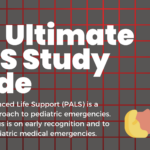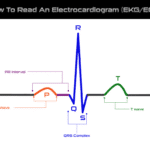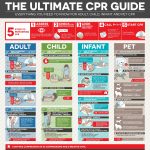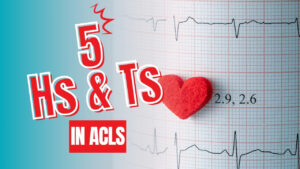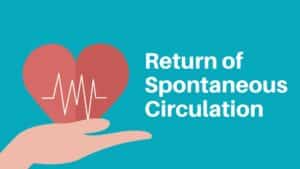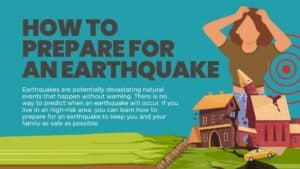Thousands of twinkling lights dance on the fragrant branches of the pine tree proudly displayed in the foyer. Odd shaped gifts wrapped in brightly colored paper with silver and gold ribbons adorn the base. Music is playing the familiar sounds of the holidays. Tucked along one wall is a beautiful buffet filled with delectable treats reserved for this particular season. Nestled to one side is rich velvety egg nog, crystal spirits and heavenly hot cocoa. Filling every crevice of the room are friends, family and loved ones all mingling as they share in the festivities. Your eyes scan the crowd and you feel as if you’ve just stepped into a scene from It’s a Wonderful Life when suddenly, Uncle Joe collapses on the floor clutching his chest.
Did you know that during the holidays, the likelihood of experiencing a heart attack increases significantly? Statistics show a mild increase (nearly 5%) of heart attack occurrences between Thanksgiving and New Year’s Day. Would you know what to do if someone actually collapsed with chest pain and shortness of breath during a holiday gathering? Not many would but fortunately, there is a way to be prepared.
Courses providing basic CPR Training in Orange County have made it possible to be prepared for the unplanned emergent event. With the increase in holiday stress, overeating with an abundance of alcohol consumption and the inevitable delay in seeking care that accompanies the holidays, the likelihood of witnessing an emergent event such as a heart attack, or myocardial infarction (MI), is increased (Heart Health Center).
Basic life-saving skills, including chest compressions, rescue breathing and what to do in case of chest pain is covered in courses designed to support the layperson and healthcare professional alike. Of course, calling 911is still the best course of action when chest pain occurs, as the adage “time is muscle” applies to chest pain victims. Bystander rapid response will often save irreversible heart damage suffered from an MI.
What are the symptoms associated with an MI? The classic chest pressure, squeezing sensation that radiates down the left arm may not always be the presenting symptom. Frequently, jaw and neck pain, back pain, nausea, dizziness and shortness of breath are the only symptoms (independently and combined) present. Whenever the occurrence of chest pain occurs, quick action to notify paramedics (the 911 call) and administering CPR when appropriate will increase the victim’s survival chances significantly. Actions such as these are easily learned and following them through specific protocols will help the bystander keep a cool head in emergency situations. It’s as easy as A-B-C (or C-A-B if you prefer).
So the next time you celebrate this season, be prepared to respond when the holiday heart attack threatens to foil the festivities. You just might give the gift of life to someone.

